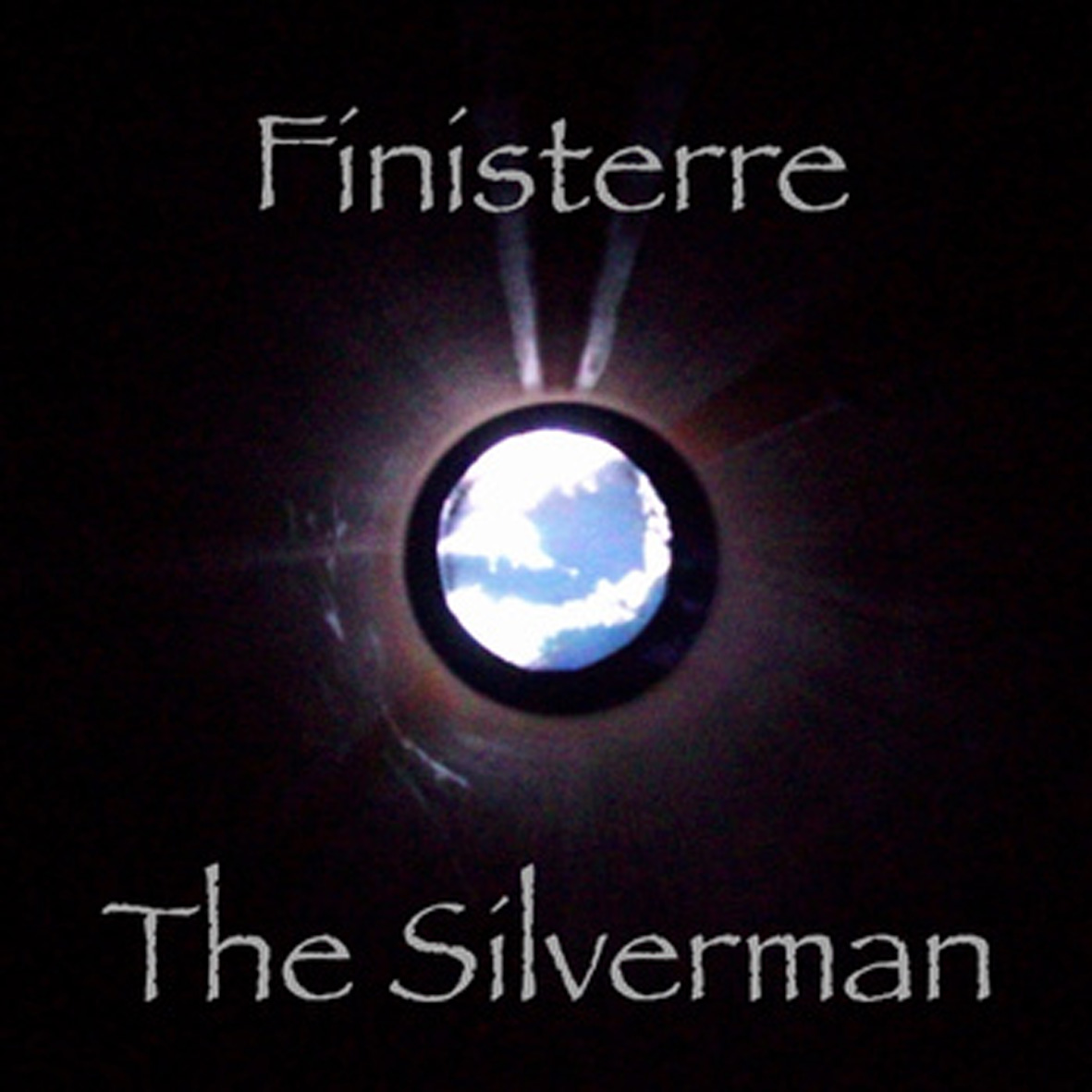 One fascinating aspect of the Legendary Pink Dots is that I never know where and when their simmering brilliance will fully manifest itself.  Case in point: this limited-edition solo effort by keyboardist Phil Knight was casually released on CDR on the same day as two other LPD-related albums with only the most cryptic and inscrutable of descriptions ("...aliens here to study mankind had taken control of the airwaves; spread confusion with fake weather reports..."), yet it contains a fluke quasi-noise/industrial collage that ranks among my favorite pieces in the Dots' entire discography.
One fascinating aspect of the Legendary Pink Dots is that I never know where and when their simmering brilliance will fully manifest itself.  Case in point: this limited-edition solo effort by keyboardist Phil Knight was casually released on CDR on the same day as two other LPD-related albums with only the most cryptic and inscrutable of descriptions ("...aliens here to study mankind had taken control of the airwaves; spread confusion with fake weather reports..."), yet it contains a fluke quasi-noise/industrial collage that ranks among my favorite pieces in the Dots' entire discography.
Finisterre consists of a trio of lengthy and very dissimilar soundscapes.  The first, "Fitzroy Cromarty," is the most subtle and drone-like of the three, as it is built upon slow-moving and ominous synth swells beneath a robotic-sounding, ring-modulated voice that seems to be reciting a shipping forecast.  Not much overt evolution occurs over the course of its 19-minute duration, aside from the addition of a faint pulse and a gradual increase in both density and general hauntedness.  That is more than enough to make the piece work though, as its eerie, otherworldly mood is quite wonderful.  To my ears, its masterfully understated dread evokes images of a malfunctioning radio aboard an abandoned boat adrift on a particularly lonely and forgotten stretch of ocean, which is a niche that is all too rarely filled as far as I am concerned.
Unfortunately, the following "Oscar's Last Day" completely ruins the spell for me, as it sounds like an annoying, artificial-sounding bagpipe motif unfolding over a watery, dated-sounding synthesizer bed.  It initially reminded me unfavorably of something that would be playing during a science documentary from the '70s, but then it grew exponentially worse when the mutant Celtic elements start fading in.  While I have thankfully never had a nightmare about a St. Patrick's Day-themed Doctor Who episode, I am dead certain that such a thing would sound an awful lot like this.  I  have absolutely no idea what Knight was trying to accomplish or whether or not he succeeded, but I no doubt that "Oscar's Last Day" is a horrible, horrible piece of music regardless.
Consequently, I could not have been more surprised by the closing "Spring," which is an obsessive, paranoid masterpiece that calls to mind classic Genocide Organ or Maurizio Bianchi.  It starts off with woozy, disorienting swells that mimic the Doppler effect of cars whizzing by someone lying in the road with the life ebbing out of them, as there is an awesomely weird, hallucinatory detachment to the traffic sounds along with some distant, indecipherable shouting.  Somehow, however, the piece gets even better from there, as it gradually snowballs in intensity with menacing hums and an echo-heavy, inscrutable, and layered spoken-word loop that sounds like an ominous news transmission or excerpt from a revolutionary speech.  Then it all slowly fades away without ever making a false move or overstaying its welcome.  It could not possibly be improved.
Such a strong finish makes for a baffling album, as "Spring" is so perfectly sculpted that I fleetingly entertained the possibility that I might be wrong about the execrable "Oscar's Last Day."  After revisiting it, however, my original assessment was brutally reaffirmed: Finisterre consists of an unlistenably bad center book-ended by two truly wonderful and inspired pieces.  As perplexing and aggravating as that is, it still leaves almost 40 minutes of sustained greatness and one piece that I would deem absolutely essential, making the largely under-the-radar Finisterre one of the year's most pleasantly surprising releases to date (albeit one that arguably includes one of the year's worst surprises as well).
 
Read More

